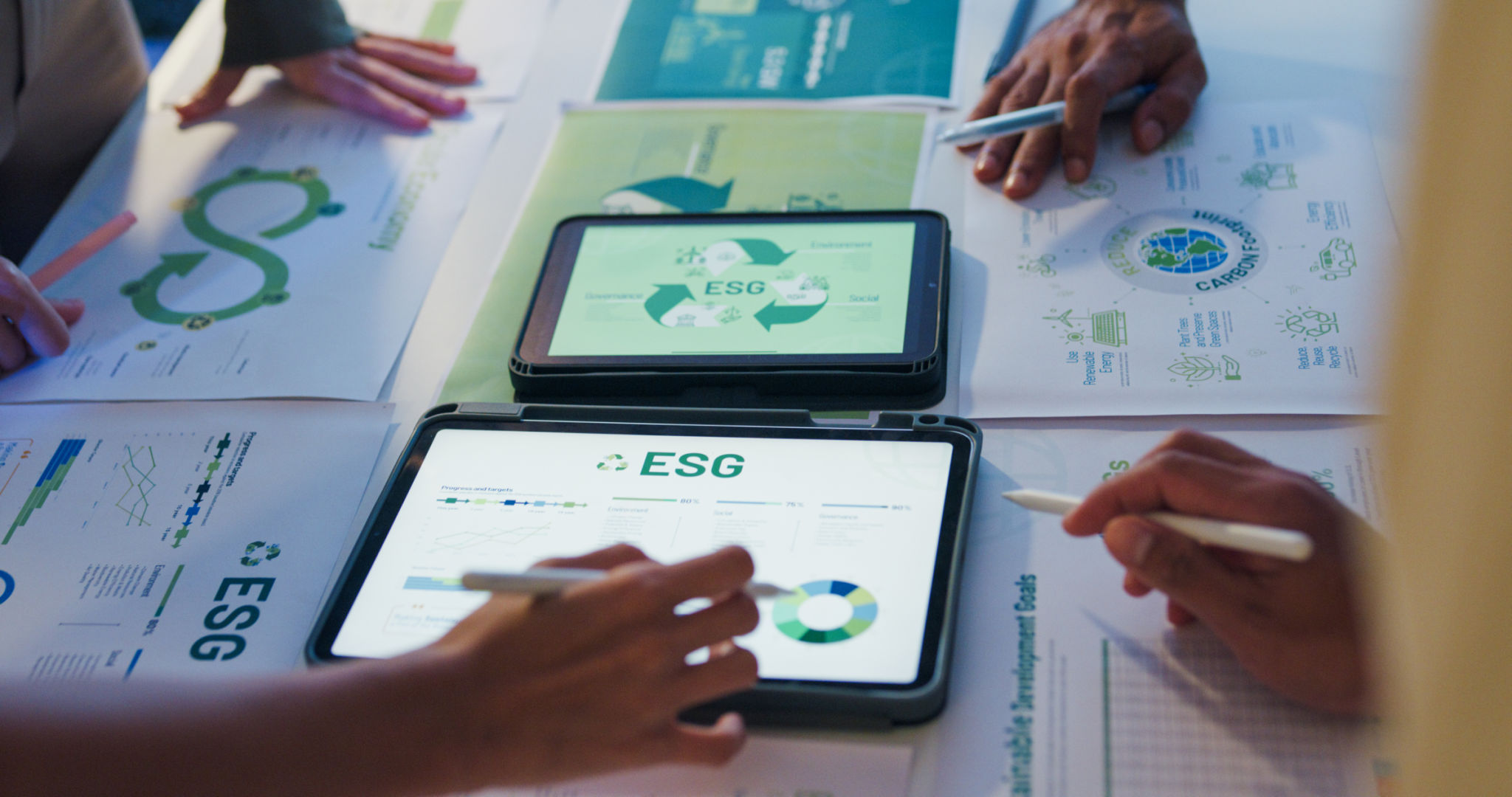The Role of Consulting in Sustainable Development in Uganda
Understanding Sustainable Development
Sustainable development is a key focus for many nations striving to balance economic growth with environmental protection and social equity. In Uganda, this pursuit is particularly significant as the country grapples with challenges such as poverty, environmental degradation, and resource management. Consulting firms play a pivotal role in guiding the nation towards sustainable practices that ensure long-term benefits for both the population and the environment.
Consulting services in Uganda are instrumental in providing expertise, strategic planning, and innovative solutions for sustainable development projects. These services assist in identifying opportunities for improvement and implementing strategies that align with global sustainability goals. By bridging the gap between policy-making and practical implementation, consultants help ensure that development initiatives are both effective and sustainable.

The Impact of Consulting on Economic Development
Consulting firms contribute significantly to economic development in Uganda by helping businesses and government bodies optimize their operations. They offer insights into efficient resource management, which is crucial for a country where agriculture plays a major role in the economy. By advising on best practices and introducing advanced technologies, consultants help increase productivity while minimizing environmental impact.
Furthermore, consultants aid in developing infrastructure projects that are both economically viable and environmentally friendly. This includes advising on renewable energy projects, sustainable agriculture practices, and eco-friendly urban planning. These efforts not only boost economic growth but also create job opportunities, helping to alleviate poverty and improve living standards.

Environmental Conservation and Consulting
Environmental conservation is a critical aspect of sustainable development, and consulting firms are at the forefront of these efforts in Uganda. They work closely with local communities, NGOs, and government agencies to design and implement conservation strategies that protect natural resources while promoting biodiversity.
Consultants often conduct environmental impact assessments to evaluate the potential effects of proposed projects on local ecosystems. These assessments are essential for ensuring that development initiatives do not harm the environment and comply with national and international regulations. By promoting practices such as reforestation, sustainable land use, and waste management, consultants help preserve Uganda's rich natural heritage.

Social Equity and Community Involvement
A vital component of sustainable development is ensuring social equity and involving communities in the decision-making process. Consulting firms foster community engagement by facilitating dialogues between stakeholders, including local residents, government officials, and business leaders. This inclusive approach ensures that development projects meet the needs of all parties involved.
By advocating for fair labor practices and equitable access to resources, consultants help address social inequalities. They also support initiatives that enhance education, healthcare, and infrastructure in underprivileged areas, contributing to improved quality of life for all Ugandans. This focus on social equity ensures that the benefits of sustainable development are shared across the population.

Challenges and the Way Forward
Despite the positive impact of consulting in sustainable development, there are challenges that need to be addressed. Limited financial resources, lack of awareness, and resistance to change can hinder progress. However, by fostering partnerships between public and private sectors, consultants can help overcome these obstacles.
The future of sustainable development in Uganda depends on continued collaboration between consultants, government bodies, and local communities. By leveraging their expertise and fostering innovation, consulting firms can drive meaningful change that aligns with Uganda's vision for a sustainable future. As the nation progresses towards achieving sustainable development goals, the role of consulting will remain indispensable.
